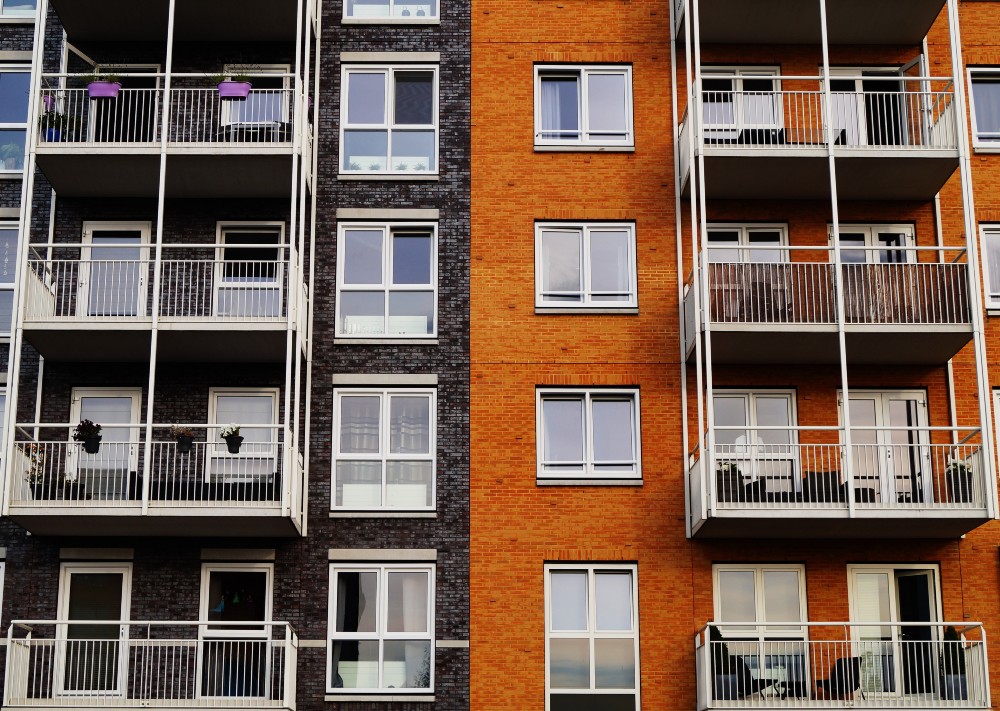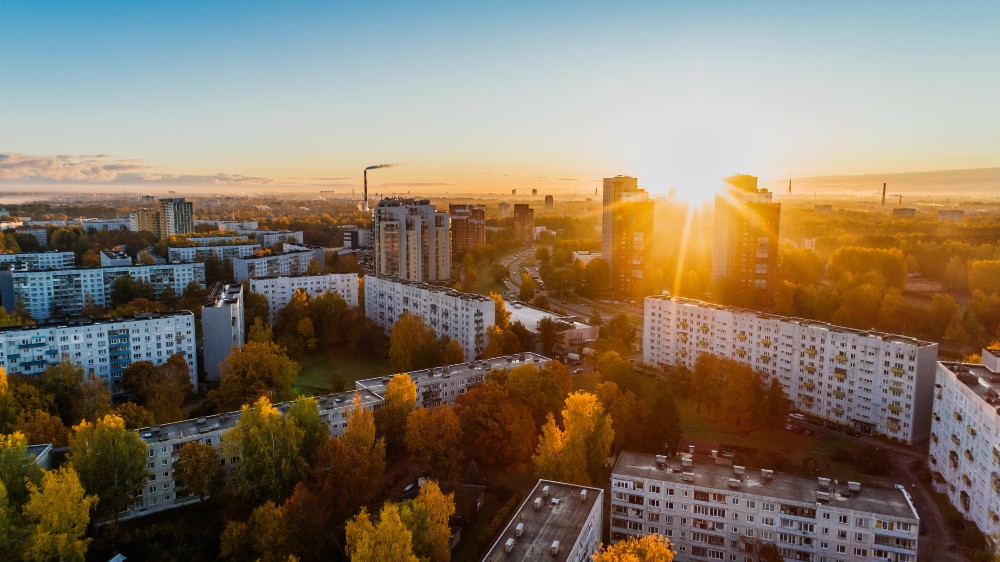A quick summary
You may have heard of real estate wholesaling before, but did you know about reverse wholesaling? It’s a great solution to the risk posed by wholesaling and is a good place to start for those who are new to the real estate investing arena.
Main Topics
When it comes to real estate investment strategies, wholesaling and reverse wholesaling are two of the most common strategies used by investors who make money in real estate, without having to buy or sell property. Reverse wholesaling is similar to wholesaling, but the process works in the opposite way. To understand how reverse wholesaling works, let’s do a quick run-down of real estate wholesaling first.
What is wholesaling?
In a nutshell, real estate wholesalers hunt for good property deals and match them with buyers who can purchase the property straight away.
A person who is wholesaling in real estate is typically not an agent or broker, so they aren’t able to represent a buyer or seller. Instead, a wholesaler will find distressed properties and negotiate with the property owner to sell the property at a very low price. A wholesaler will then draw up a contract and sell this to a willing buyer, at a price that is higher than what they owner agreed to sell at.
The wholesaler makes money by pocketing the difference, without having to sell the property itself, but instead just selling the contract and facilitating the sale. However, sometimes a wholesaler can be under a time crunch to a buyer, once the contract is drawn up. This is typically anywhere between 30 and 45 days, but sometimes a wholesaler can’t find a buyer in this time period, which is where reverse wholesaling enters the scene.

What is reverse wholesaling?
The idea behind reverse wholesaling is to cancel out the risks associated with real estate wholesaling, that can sometimes leave wholesalers in a jam. Instead of finding the property deal first, reverse wholesaling begins with finding the right buyer.
This way, the wholesaler can avoid being liable for a huge amount of money if they don’t find a buyer in time, and there is no pressure to find a property deal because there is no contract yet with any deadlines.
The other advantage to reverse wholesaling is that the wholesaler can find out exactly what kind of property the buyer is looking for and understand their requirements, before beginning the property search. This saves everyone time, because the wholesaler already knows what the buyer wants and can find properties to match these preferences.
Wholesaling vs reverse wholesaling - What's the difference?
- Real estate wholesaling involves hunting down a good property deal and then locating a buyer, whereas reverse wholesaling involves finding a buyer first and then seeking out the right property.
- With traditional wholesaling, a contract is drawn up at the start, when the property is found. With reverse wholesaling, a contract is only drawn up at the end once the buyer has been found and the property is decided on.
- Wholesaling can place pressure and legal responsibility on the wholesaler to find a buyer within a certain timeframe, due to the contract being drawn up at the beginning. Reverse wholesaling doesn’t have this pressure because the contract isn’t drawn up until the buyer and the property have both been found.
How to start reverse wholesaling
Step 1: Create a buyer’s list
This is the most crucial element in reverse wholesaling because this is the foundation for your strategy. You can create your buyers list by networking in the real estate investment groups and building relationships with people. Often, revere wholesalers try to find cash buyers or investors because these are the most likely to invest in a distressed property and the deal can go through quicker.
Step 2: Pick a buyer
Once you’ve compiled your buyers list, select a cash buyer or real investor that you’d like to work with and begin building a rapport with them. Part of this means finding out what type of property they’re looking for, the location, the price range, the size and so on. This step also includes proposing your commission to the buyer or investor and coming to an agreement on that.

Step 3: Find the right property
Finding the right property can take some time, but since you already know what the buyer’s preferences are, you can streamline this to be a quicker process. Motivated sellers are usually the best bet to pair with cash buyers, as these sellers are looking to get the property sold fast. The MLS (multiple listing service) is a useful place to find properties, as well as REO’s, driving for dollars and so on.
Step 4: Draw up a contract
Once you’ve found the property to match your buyer’s needs, you’ll need to put that property under contract. This is vital to the process, to ensure that you remain the middleman and can earn your commission, and that the buyer doesn’t go directly to the seller.
Step 5: Close the deal
In this step, the decision is made about whether the wholesaler sells the contract to the buyer only, or both buyer and seller which is called a double closing. If a double closing happens, then you (as the wholesaler) will need to come up with the funds to close on the property, and then sell it to your buyer after that. This is where hard money loans come in, as the most common way for wholesalers to get cash fast.
How to find buyers for reverse wholesale deals
There are a few types of buyers who’d be interested in these deals:
- Real estate developers – they are happy to tear down distressed properties and use the land to build a new house or apartment building.
- Real Estate Investors who flip houses – usually these investors profit from turning run-down homes into livable places and selling them again.
- Rental property investors – these real estate investors are looking for properties to rent out and may be happy to fix up a distressed property so that they can get a better rental for it.
- People looking for homes – people who are looking for a residence and may be looking for a fixer-upper.
The best way to find suitable buyers is by networking in real estate communities. There are websites that offer networking services, or you can join local groups for people who rehab properties, realtors and others in the industry.
Also, it is worth noting that you don’t have to limit yourself to cash buyers only. The most important thing is to develop a buyer’s list. This will increase the odds of finding a property that matches up with the needs of a buyer on your list, and it also means that you have list of backup buyer’s that you can turn to if one of your reverse wholesaling deals falls through.

Is reverse wholesaling profitable?
The key to making reverse wholesaling profitable is to find properties that cost as little as possible. This way, both the wholesaler and the buyer can profit from the deal, and this can lead to a longer-term relationship with the buyer. For example, if an investor uses a wholesaler that takes a cut but still leaves room for the investor to get a good deal, the investor is likely to work with that wholesaler again.
Making money with reverse wholesaling also requires buying properties that are under 70% of the after-repair value (ARV), after subtracting the wholesaler fee. Another trick for wholesalers is to get used to estimating repair and renovation costs, which will build credibility with investors who will be more likely to continue working with the wholesaler.
One of the main advantages to reverse wholesaling is that it can be very profitable, in a short amount of time, and requires almost no personal finances.
Is reverse wholesaling legal?
Reverse wholesaling is legal, provided that the proper processes are put in place, and wholesalers have considered all the factors. In other words, any dates or contingencies in the contract will need to be considered, along with any laws and rules for the state where the deal is being done. Do your homework, before you begin, so that you don’t get yourself into hot water.
Final Thoughts
Real estate investing comes in various forms, wholesaling and reverse wholesaling are just two strategies that can be used. These are a good idea for people who don’t have a large amount of initial funds and are looking to kickstart a real estate business. These strategies allow you to get into real estate without having to fork out hundreds of thousands to buy property, and they also help you network with other real estate investors along the way. All in all, starting a real estate wholesaling business can be a great way to get started in this industry.



